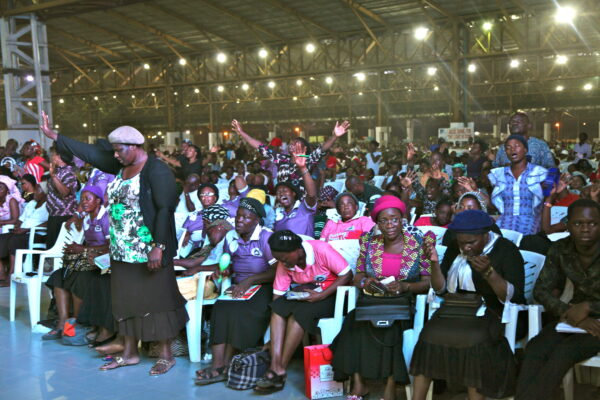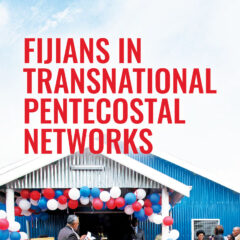The Economist featured Donald Miller’s work on Pentecostalism in a series of stories in the January 23, 2016 issue. Miller has studied Pentecostal and charismatic renewal movements around the world, and through the Pentecostal and Charismatic Research Initiative, CRCC deployed researchers in more than 20 countries across the global South and East to study some of the fastest growing religious movements and their impact in the developing world.
Here’s an excerpt from The Economist’s Ecstasy and Exodus: Charismatic Christianity Thrives Among People on the Move:
For uprooted peasants, too, coping with the anonymity of a megacity slum, charismatic churches provide a paradoxical blend of social support, discipline and emotional release. As Don Miller of the University of Southern California puts it: “Pentecostal worship is joyous, ecstatic and offers a sense of self-transcendence that fills a void in the lives of migrants—and exorcising demons, literally or metaphorically, can be a way of gaining control over individual or family problems.” Migrants travelling between countries need the same balance of solidarity and catharsis, and are well served by the loose structure of charismatic churches, which can spring up quickly wherever the need arises.
…
Whatever their style, Pentecostal pastors are culturally closer to their flock than are the learned clerics of the Catholic or Lutheran churches; and they are numerous. A study in 2007 found that in Brazil Pentecostal churches had 18 times more clerics per believer than the majority Catholics. As Mr Miller points out, older churches move slowly because they are lumbered with hierarchies and rules; the Pentecostal world is one of quick startups, low barriers to entry and instant reaction to change.
The Economist also published articles about Pentecostalism in Brazil and South Korea:
From Modesty to Ostentation: How Waves of Migrants Bring Waves of Religious Change
Coming Down the Mountain: From Hillside Vigils to Gleaming Megachurches






